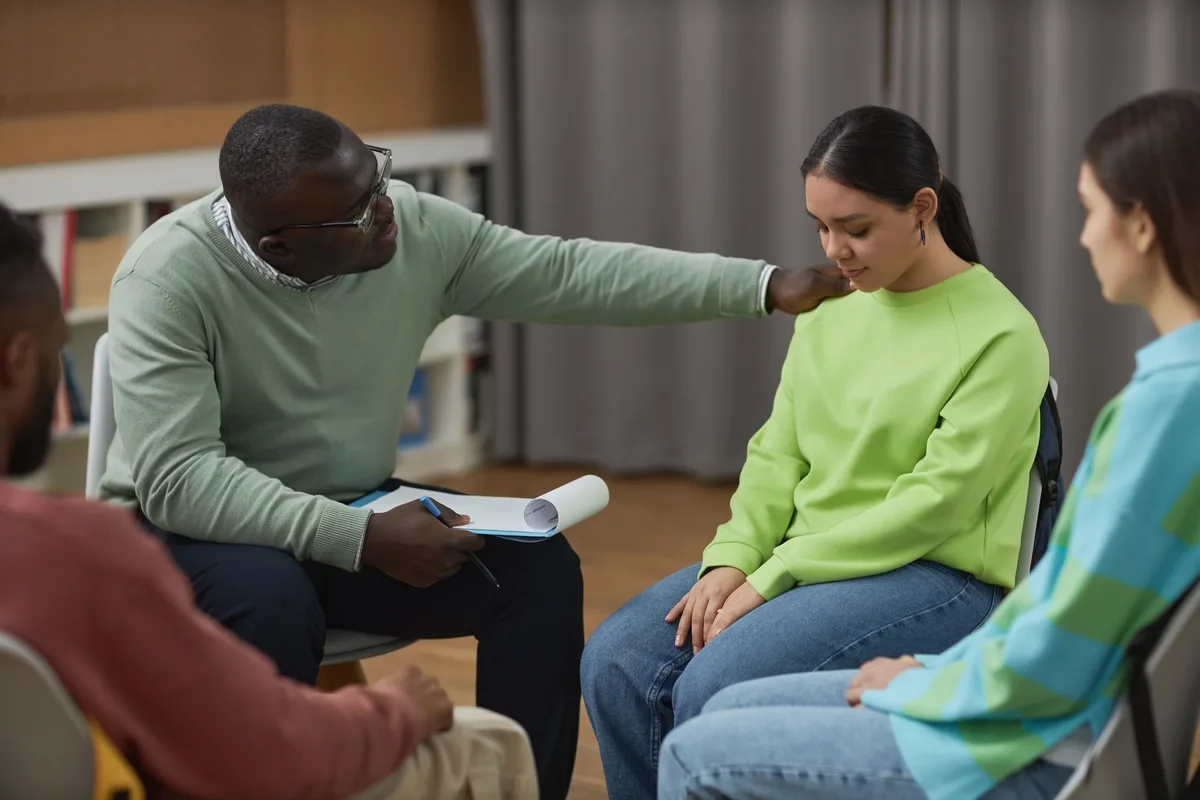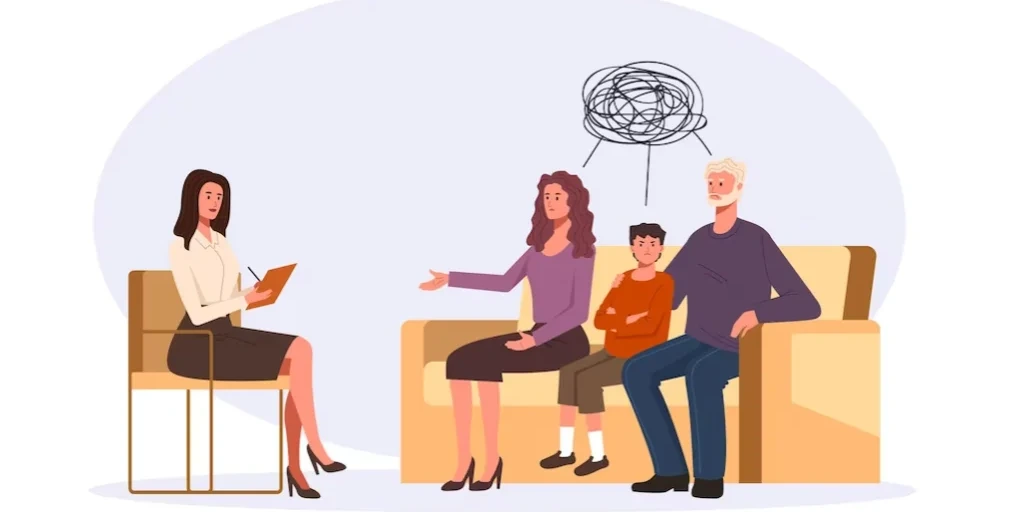24/7 Helpline:
(866) 899-221924/7 Helpline:
(866) 899-2219
Learn more about Medication-assisted Treatment centers in Kandiyohi
Medication-assisted Treatment in Other Cities
Other Categories in Kandiyohi

Other Insurance Options

EmblemHealth

Absolute Total Care
Beacon

MHNNet Behavioral Health

Aetna

Ambetter

BlueCross

Horizon Healthcare Service

Health Choice

Sutter

Ceridian

BlueShield

Holman Group

Anthem

WellPoint

United Health Care

Optima

Magellan Health

Covered California

Cigna














